In this month’s instalment of the Exploring Mental Health series, we’re looking at anxiety. Anxiety is something we all experience at some point during our lives, often at times of change or as a result of stressful events. But when does anxiety become a mental health problem, what are the symptoms to look out for, and how can you manage your anxiety?
When is anxiety a mental health problem?
Feeling anxious is a normal emotion that everyone experiences sometimes. It’s our body’s response to stressful situations or events, and is usually temporary.
Anxiety becomes a mental health problem when feelings of anxiety, worry or fear don’t go away, and you experience them all or most of the time, even when there doesn’t seem to be a particular cause.
If you can answer yes to any of the following, your anxiety may have become a mental health problem:
- It has become hard to control your worries
- Your feelings of anxiety are strong and it’s difficult to relax
- You’ve felt anxious for a long period of time
- You’re avoiding situations because they make you feel anxious
- You’re not getting pleasure from things you usually enjoy
- Your feelings of anxiety are affecting your daily life
- There doesn’t seem to be a particular cause for your anxiety
- You regularly experience anxiety symptoms
If any of these sound familiar, the first step is to visit your GP. They can provide a diagnosis and offer advice on getting support and treatment. There are also some tips on how to manage your anxiety below.
What are the symptoms of anxiety?
Anxiety can affect our bodies and minds in lots of different ways. Some of the most common symptoms are:
Physical symptoms
- Feeling light-headed or dizzy
- Feeling sick
- Needing to use the toilet more/less frequently
- A fast or irregular heartbeat
- Faster, shallower breathing (hyperventilating)
- Tightness in your chest
- Shaking
- Tingling in parts of your body
- Pins and needles
- Headaches or aches in other parts of your body
- Increased sweating or hot flushes
- A dry mouth
- Grinding your teeth
- Feeling restless
- Having panic attacks
Cognitive symptoms
- Thinking you might die
- Thinking you have a serious health condition
- Thinking you might lose control
- Thinking others can see your anxiety and are looking at you
- Feeling disconnected from the world around you
- Feeling disconnected from your body or mind
- Feeling a sense of dread and fearing the worst
- Worrying about ‘what ifs’ and things that might happen
- Thinking about a situation over and over again
- Wanting to run away or escape from the situation
- Feeling alert and on edge
How to manage your anxiety
There are lots of things you can do to control and reduce your anxiety, including:
- Visit your GP – your doctor can give you advice on getting support and treatment
- Take medication – in some cases, your GP might prescribe medication to help control your anxiety symptoms
- Have counselling – talking to a counsellor can help you identify the causes and triggers for your anxiety, and find ways to reduce and manage it. If you’d like to make an appointment to discuss your anxiety, get in touch.
- Talk to someone you trust – this might be a friend, colleague or family member. Opening up about how you’re feeling can create a support network for when you’re finding things tough
- Contact support organisations – organisations such as Samaritans and Anxiety UK have helplines you can call when you need support
- Join online support groups or forums –these give you the chance to link up with others who understand what you’re experiencing
- Keep a journal or diary – this can help you to identify triggers for your anxiety and learn any early warning signs. You can also use it to remind yourself of all the good, positive things in your life, which anxiety can often make you overlook
- Plan ‘worry time’ – set aside an amount of time each day to think about what’s worrying you. Between these times, tell yourself to let go of those thoughts until your next worry time. This can feel challenging but also give a greater sense of control over your anxiety
- Look after your physical health – a good diet, limiting alcohol and caffeine, getting enough sleep, and exercising regularly can all help to improve your mental wellbeing
- Practice mindfulness – relaxation techniques, such as mindfulness, can help to bring you back into the present moment and interrupt anxious thoughts about ‘what ifs’, creating a sense of calm. They can also teach you breathing techniques to help control your anxiety symptoms
It’s important to note not all of these tips will feel helpful for everyone. We’re each individual, so it’s about trying different ways to manage your anxiety until you find the ones that work best for you.
If you’d like to make an appointment to talk about your anxiety, get in touch.

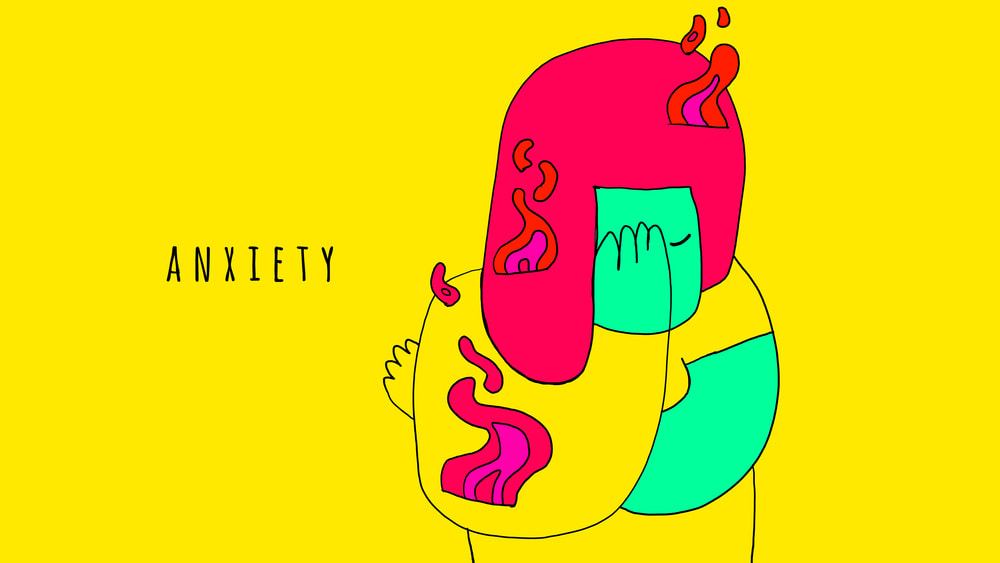
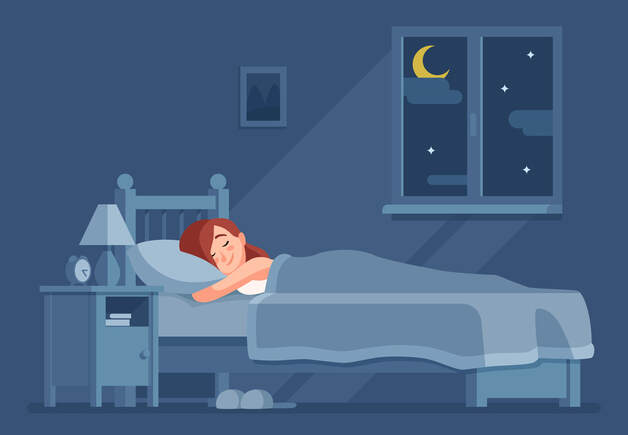
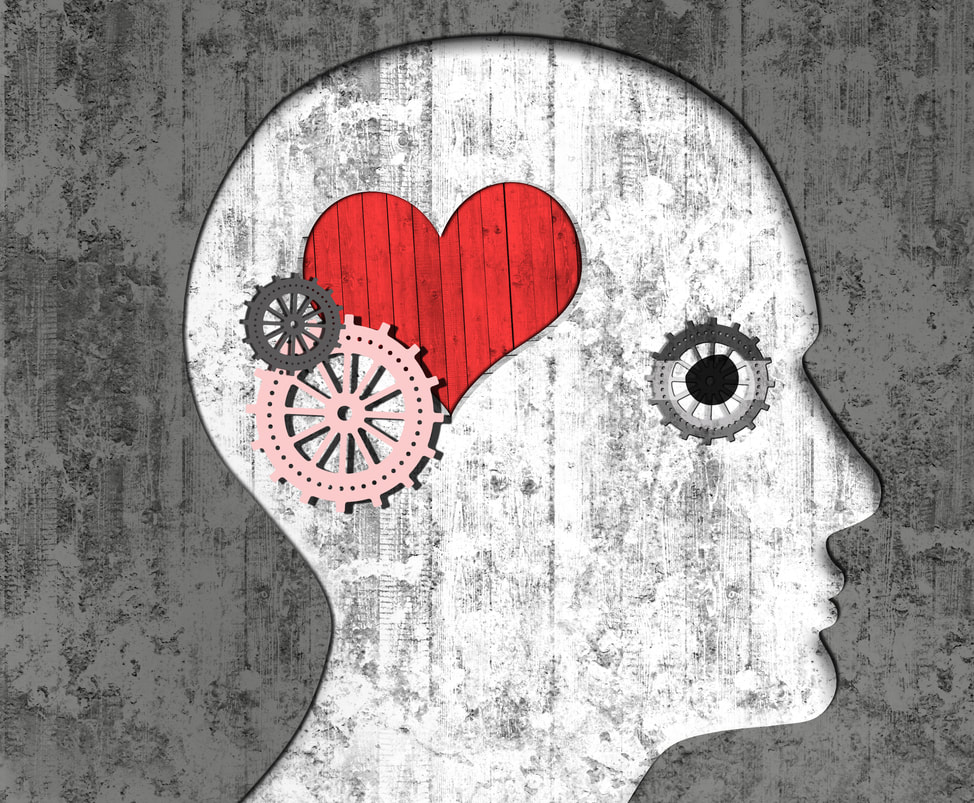
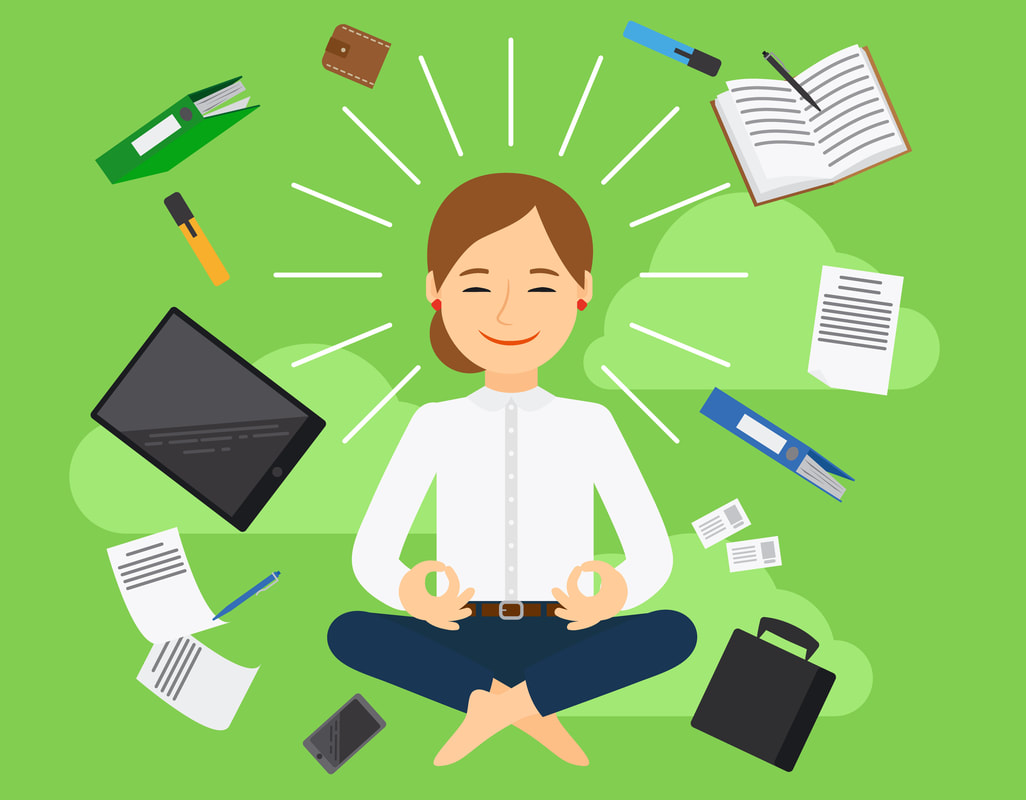
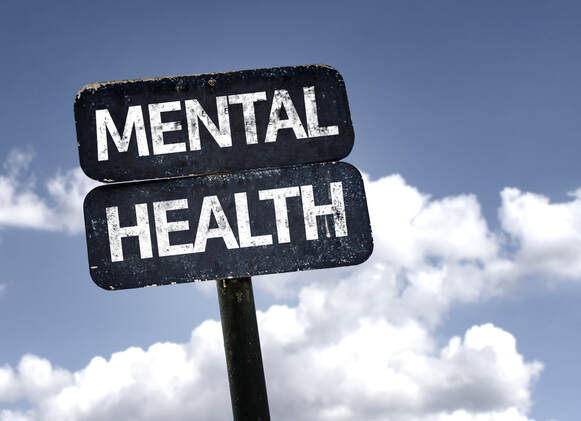
 RSS Feed
RSS Feed